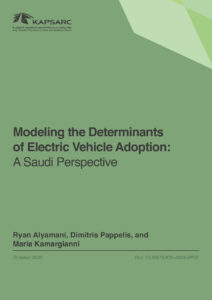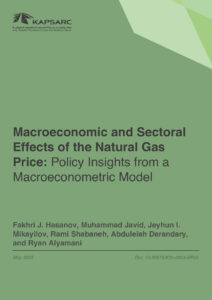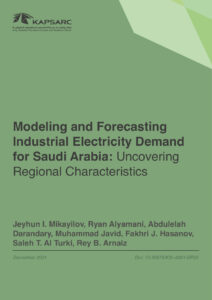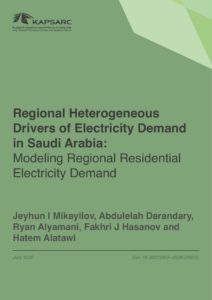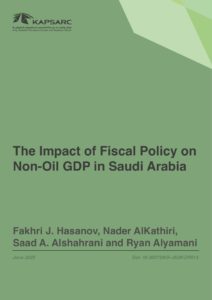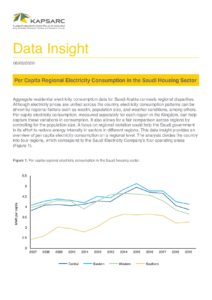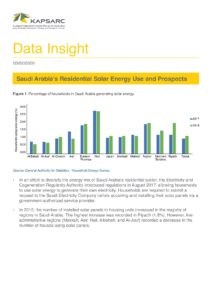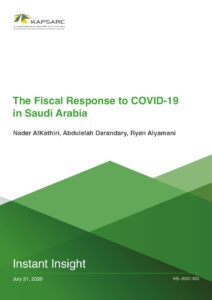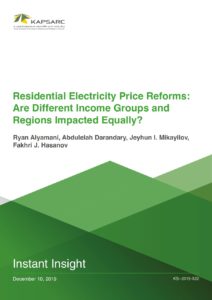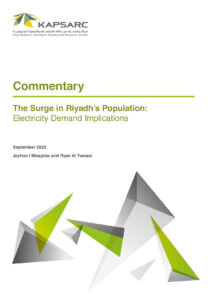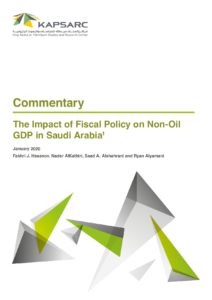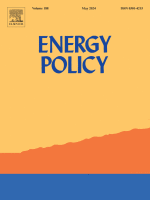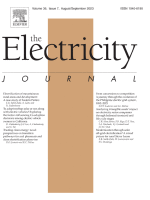Ryan is a senior research analyst in the Energy and Macroeconomics program with a particular interest in natural resource economics and developing energy and economic models. Ryan holds a B.S. degree in Mechanical Engineering from Mercer University.
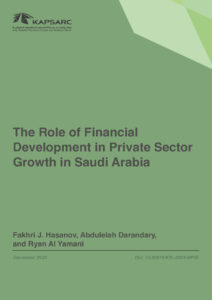
The Role of Financial Development in Private Sector Growth in Saudi Arabia
Saudi Vision 2030 (SV2030), the masterplan for the socioeconomic development of the Kingdom, places considerable emphasis on the development of the private sector in the diversification of the economy. This plan aims to have the private sector account for 65% of the total GDP of the Kingdom by 2030. As part of SV2030, the Financial Sector Development Program (FSDP), a program for the realization of targets and initiatives, was launched, aiming to enable and support financial institutions to promote the development of the private sector. Against this backdrop, we investigate the role of financial development (FD) in personal economic growth. We conduct a multivariate cointegration analysis using data from almost half a century in the extended production function framework.
11th December 2023
